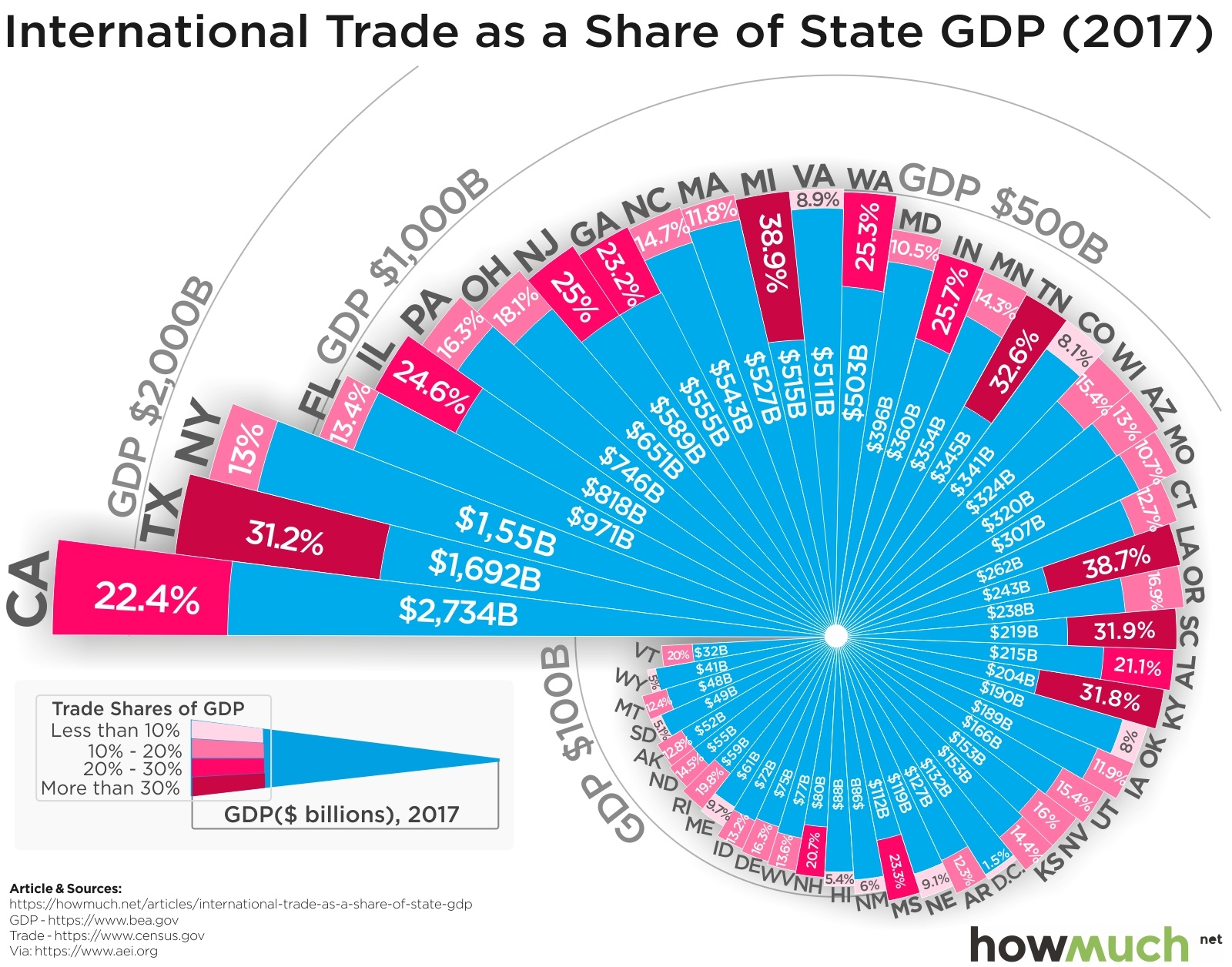The military strike against Syrian chemical weapons facilities by the US, Great Britain, and France appears to have been a very specific and focused one-time military action that did not include among its objectives the overthrow of the Assad regime or an end to the violence being inflicted upon the civilian population. As such, the strikes represent a victory for the Secretary of Defense, James Mattis, and a repudiation of the more hawkish views of Mike Pompeo, the likely CIA Director, and John Bolton, the National Security Adviser. We will not know how to assess the strikes for some time, but here are the issues I think are worth thinking about.
First, the strikes represent a victory for those who believe that the rules against the use of chemical and biological weapons must be supported. But it is a victory tainted by remaining ambiguities. We still do not know what the chemical agents used last week were, and there are important differences among possible agents. If a nerve gas like Sarin was used, then it was very important for the world to take a stand. Sarin is difficult to manufacture and weaponize and a strong message needs constant reinforcement to dissuade people from developing it. But if the agent was chlorine, then we have a serious problem. Chlorine is easy to produce and has some very important civilian uses. It is unlikely that a military strike has any practical effect on anyone who intends to weaponize chlorine–the costs of producing it are significantly lower than the perceived expectations for punishment if used. The inability of the US, Great Britain, and France to specify the chemical agent weakens the deterrent effect of the strike.
Second, it is difficult to interpret a single military strike as an effective deterrent against chemical weapons. The world has refused to classify a number of agents as chemical weapons, notably white phosphorous and napalm. The first wide-scale use of gas as a weapon occurred on 22 April 1915 when Germany used gas in the trenches of World War I. Russia introduced a resolution to the UN Security Council to condemn the attacks on Syria. Three countries–Russia, China, and Bolivia–voted in favor of the resolution. Eight voted against: the U.S., U.K., France, Netherlands, Sweden, Kuwait, Poland and Ivory Coast. But four countries–Ethiopia, Kazakhstan, Equatorial Guinea and Peru–abstained, a rather large number given the seriousness of the issue. There does not seem to be an international consensus on the matter.
Third, it is difficult to interpret the future in Syria. This military strike seems completely divorced from anything that might even remotely seem to be a policy toward the civil war in Syria. In truth, the strike was carefully calibrated to completely ignore the many complexities of the civil and international war in Syria. The strike has not moved the world closer to a solution and it seems as if the strike may have reinforced Assad’s hold on power in Syria. The strikes actually reminded many of how the region has been massively destabilized since the collapse of the Ottoman Empire. People in the region could not help but be reminded that it was the British and the French that carved out the artificial nation-states of Syria, Lebanon, and Iraq in their last gasps as colonial powers at the end of World War I. Their return as partners in a coalition bombing their former colonies was more than ironic.
The Targets in Syria

International trade is not simply a foreign policy concern; it is also a key determinant of domestic politics. How Much, a website site devoted to things economic, has produced an unusual graph showing how much each state in the US is dependent on international trade as a percentage of its total GDP. Here are the five US states most dependent on international trade:
Here are the top five states where international trade makes up the greatest percentage of the local economy (we included the GDP ($B) of each state for reference):
1. Michigan: $200B – 38.9%
2. Louisiana: $94B – 38.7%
3. Kentucky: $78B – 38.1%
4. Tennessee: $112B – 32.6%
5. South Carolina: $70B – 31.9%
All five states voted for Donald Trump in the 2016 presidential election. We will see how their economies are affected if his proposed tariffs go into effect.

Leave a comment